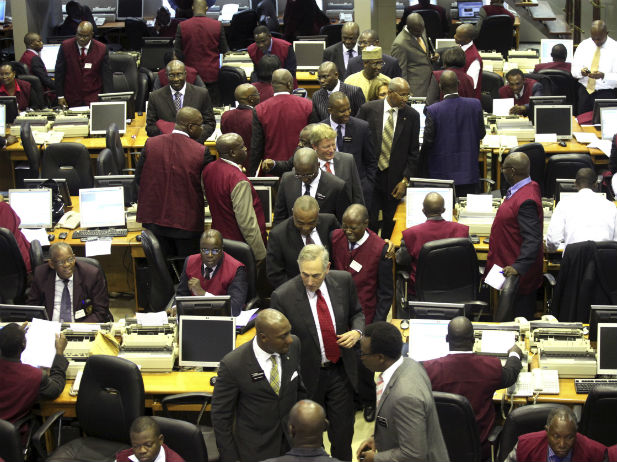Money market activities closed, weekend, with a record N1.2 trillion over subscription to the Nigerian Treasury Bills, NTB, indicating that financial institutions are cashing-in heavily on the recent jerk-up of the Monetary Policy Rates, MPR, by the Monetary Policy Committee, MPC, of the Central Bank of Nigeria, CBN.
The MPR at 14 per cent would give higher returns on investments in fixed income and government securities, with a near zero risk compared to other financial market investments and lendings to other sectors of the economy. The subscription rates for the instruments, last week, ranged from 17–18 per cent.
The investments in NTB were also coming at the backdrop of N256 billion mopped up by the apex bank in its open market operation, OMO, a development which treasury dealers said indicated that CBN’s policy was pro-government securities.
They also said the policy helped reduce demand pressure on foreign exchange market while safeguarding both the exchange rate and the external reserves.
But developments in the inter-bank foreign exchange market, last weekend, indicated a renewed pressure on the exchange rate as demands appeared to be heavily outstripping supply, a situation which forced the apex bank to intervene with supplies twice last week.
Despite the intervention, naira depreciated significantly in the inter-bank spot market, closing at N332.1/USD1.0, weekend, down from N318.9/USD1.0 previous weekend.
Also, the huge cash flow to the government securities, according to the analysts, has led to starving of funds to other sectors of the economy, especially the manufacturing sector as banks now prefer trading in fixed income money market instruments where yields have risen recently with little or no risk.
Senior Analyst at CardinalStone Partners, a Lagos-based investment house, Tiffany Odugwe, said: “Given the currently high interest rate environment following the MPC’s decision to hike the MPR to attract foreign investments, yields may rise throughout August.
“However, at currently attractive levels, healthy demand for these securities may drive yields down but not to significantly lower levels. Also, given the need to manage foreign exchange rate, we do not see the CBN relaxing its tight grip on system liquidity soon, which implies that fixed income yields will likely remain high.”
Also, analysts point to the adverse side effect of this development on the equities market as cash are being redeployed from stock market to money market instruments.
According to Odugwe, “if yields continue to inch upward or even remain at current levels, there will be a crowd out effect on the equities market. Investors will gravitate towards the relatively safer returns that fixed income securities offer and that will mean a continued dismal performance for the equities market.”
Analysts at WSTC Financial Services Limited, another Lagos-based investment house, stated: “We expect attractive yields in the fixed income market to shift investors’ focus from equities.”
Yet some of them also see a steady rise in lending rates as another downside effect of the diversion of funds to government securities.
In their reactions to this money market development analysts at Greenwich Trust Limited, another Lagos-based financial institution, said: “We expect an uptick in lending rates to the real sector from deposit money banks as the MPC has completely reversed course after monetary easing in November 2015, when the MPR was cut from 13.0 per cent to 11.0 per cent failed to generate the credit growth the CBN anticipated.”
Prime lending rates across banks have since gone beyond 20 per cent with other lending rates trending above 30 per cent in the past two weeks.

 Naira4 weeks ago
Naira4 weeks ago
 Naira4 weeks ago
Naira4 weeks ago
 Travel3 weeks ago
Travel3 weeks ago
 Jobs4 weeks ago
Jobs4 weeks ago
 Naira3 weeks ago
Naira3 weeks ago
 Naira3 weeks ago
Naira3 weeks ago
 Investment4 weeks ago
Investment4 weeks ago
 Travel4 weeks ago
Travel4 weeks ago




























